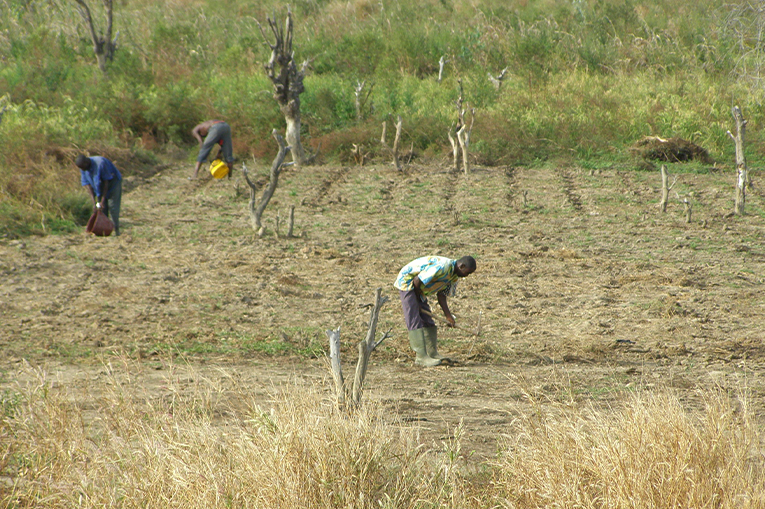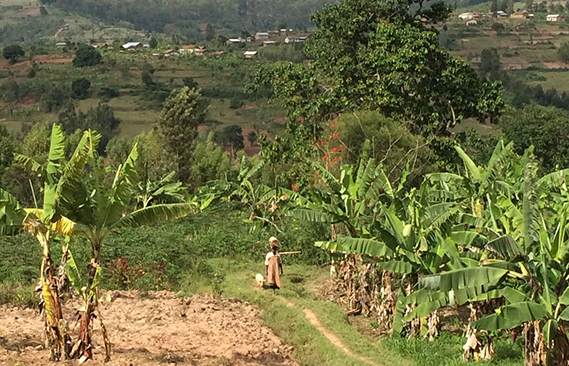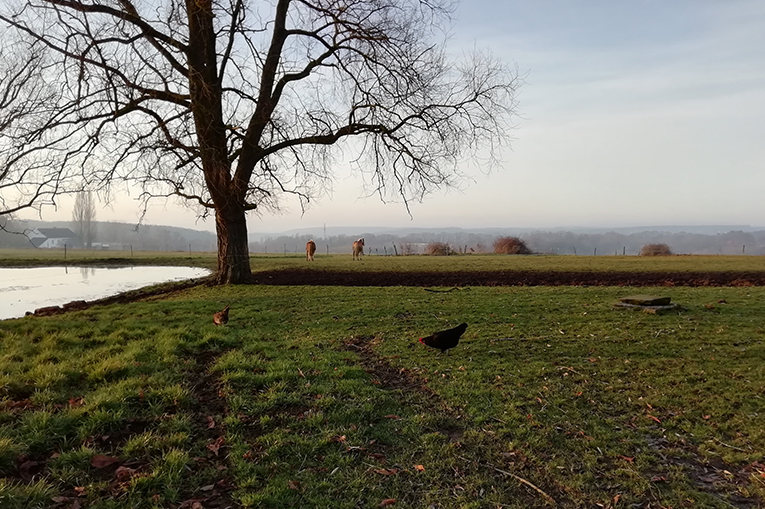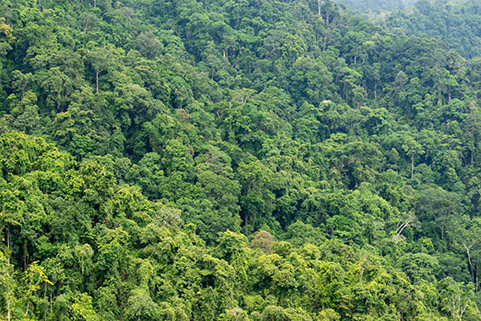Agriculture and
Agriculture is at the heart of our societies. Beyond its economic role, agriculture is instrumental for the environment and plays a key social role when integrated in specific territories. Since its foundation, ADE has provided support to public decision-makers in charge of agricultural, environment and rural development policies. More recently, our scope of work expanded to policies in the fields of climate change, biodiversity, access to water and food security.

In Europe, ADE has acquired widely recognised expertise in performance measurement of the Common Agricultural Policy (CAP) at EU, member state and regional levels. In Africa, Latin America and Asia, ADE evaluates projects and programmes supported by bilateral and multilateral cooperation in the fields of agriculture and environment.

Common agricultural policy
ADE has been evaluating the Common Agricultural Policy (CAP) for the last 30 years, with a focus on the first and second pillars. Evaluations are performed at the EU level for the European Commission (DG Agriculture and Rural Development) or at member state or regional levels for the respective ministries. We are familiar with both the Common Monitoring and Evaluation Framework (CMEF) and the Performance Monitoring and Evaluation Framework (PMEF) currently under development. ADE is recognised for implementing both qualitative and advanced quantitative evaluation methodologies.
Agricultural value chains
ADE has recognised expertise in value chain and food system analysis in EU and partner countries. The structure of the value chain and the role of each stakeholder from producer to consumer are of major importance in a globalised economy, particularly given the numerous crises which have affected the food system in recent years.
The analysis of agricultural value chains goes beyond the economic framework. It covers the range of stakeholders involved and their socio-economic implications, as well as access to technologies, infrastructure, and the role of relevant authorities.
Agricultural Value Chains
ADE has recognised expertise in value chain and food system analysis in EU and partner countries. The structure of the value chain and the role of each stakeholder from producer to consumer are of major importance in a globalised economy, particularly given the numerous crises which have affected the food system in recent years.
The analysis of agricultural value chains goes beyond the economic framework. It covers the range of stakeholders involved and their socio-economic implications, as well as access to technologies, infrastructure, and the role of relevant authorities.
Rural development
Rural development is by nature multidisciplinary and affects the multiple facets of rurality in relation to fair and balanced socio-economic and environmentally sustainable development. ADE has been involved in the evaluation of Rural Development Programmes (RDPs – the second pillar of the CAP) at the EU level, and in member states at national and regional levels, since the 1990s.
In partner countries, ADE evaluates various rural development programmes covering the agro-economics field.
Food security
Demographic trends, climate disruption, and natural disasters, as well as conflicts and the COVID-19 pandemic, have led to a growing number of people suffering from hunger and starvation worldwide. In 2018, 9.2% of the world population experienced severe food insecurity. ADE contributes to the UN zero hunger goal (SDG 2) by closely collaborating with the World Food Programme on country and strategic evaluations. ADE also conducts impact evaluations of programmes related to food security issues, with solid experience in measurement of food security and resilience indicators using first-hand and secondary data sources.
Food security
Demographic trends, climate disruption, and natural disasters, as well as conflicts and the COVID-19 pandemic, have led to a growing number of people suffering from hunger and starvation worldwide. In 2018, 9.2% of the world population experienced severe food insecurity. ADE contributes to the UN zero hunger goal (SDG 2) by closely collaborating with the World Food Programme on country and strategic evaluations. ADE also conducts impact evaluations of programmes related to food security issues, with solid experience in measurement of food security and resilience indicators using first-hand and secondary data sources.
Environment and climate change
Making the environment an essential part of the policy agenda is critical to the success and sustainability of development programmes – and to the fight against climate change to ensure a viable planet for future generations. ADE systematically incorporates an environment / sustainability lens throughout its advisory work.
ADE goes further through our solid capacity building within specific areas, including evaluating the environmental performance of the Common Agricultural Policy (CAP). In close collaboration with academic research (e.g., H2020), ADE assesses how CAP supporting agricultural activities and rural development impacts the environment (biodiversity, soil, water) and climate change (emissions, mitigation measures, carbon sink).
ADE also tracks the impact of forest and environmental governance programmes (e.g. FLEGT, REDD+) through theory-based monitoring and evaluations systems. We keep up to date in this constantly evolving field through collaborations with our wide network of environmental experts and academics.




